
Starting June 1st, 2023 Our warehouse fee will be $0.65/cubic foot per month
In effort to lower the warehouse storage fee during inflation, we have went narrow aisle racking.This construction took us four months but the project is finally completed. With narrow aisle racking, we are able to drop storage by 24%.We as partners will go through this inflation together.
11/19/2024
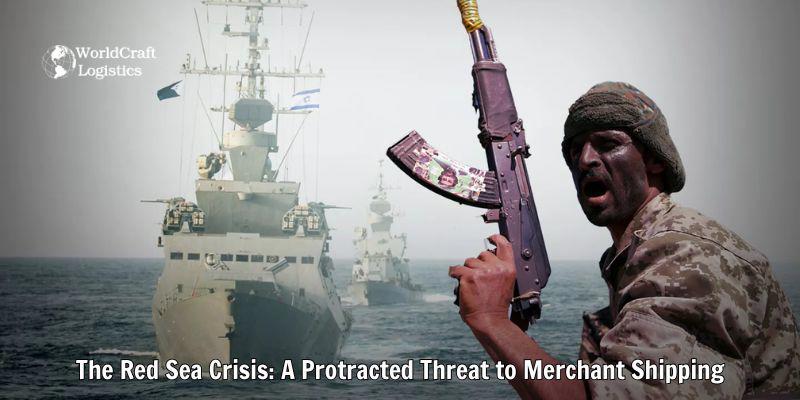
On November 19, 2022, Houthi militants seized the Galaxy Leader, a Bahamas-flagged car carrier, along with its 25 crew members. This marked the beginning of a sustained campaign targeting international merchant shipping in the Red Sea. Over 120 vessels have since been attacked with drones and missiles, rendering the region increasingly inaccessible for a significant portion of the global fleet.
The Red Sea has transformed into a high-risk zone, further destabilizing an already fragile global supply chain. As Lars Jensen, CEO of Vespucci Maritime, aptly summarized:
“Shipping, trade, marine safety, and not least seafarers, have become hostages to those who place no value on human life.”
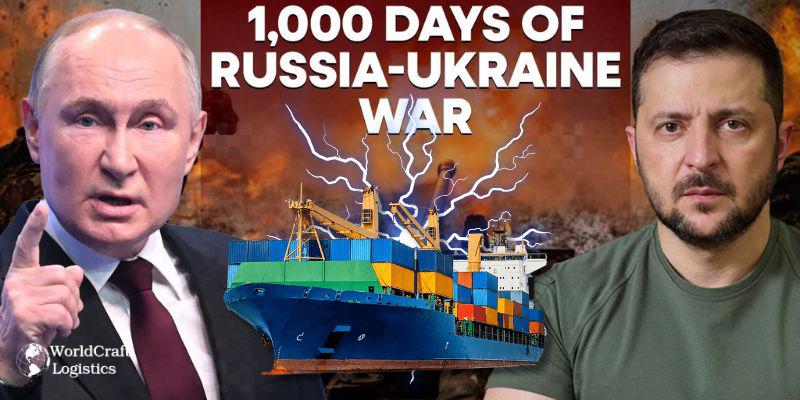
Coinciding with the Red Sea crisis is the 1,000th day of Russia’s full-scale invasion of Ukraine. This conflict has fundamentally altered shipping patterns in the Black Sea and beyond, forcing a redirection of Russian exports and spurring the growth of the so-called "dark fleet" of tankers. The geopolitical instability has amplified fragmentation within global trade, as nations and industries adjust to shifting alliances and restricted access to key maritime corridors.
Jensen anticipates that while the Russia-Ukraine conflict might edge toward an uneasy resolution in the near future, the Red Sea crisis shows no such signs of abating. He warned that the global shipping industry must brace itself for further geopolitical flashpoints, which are likely to emerge as early as 2025.
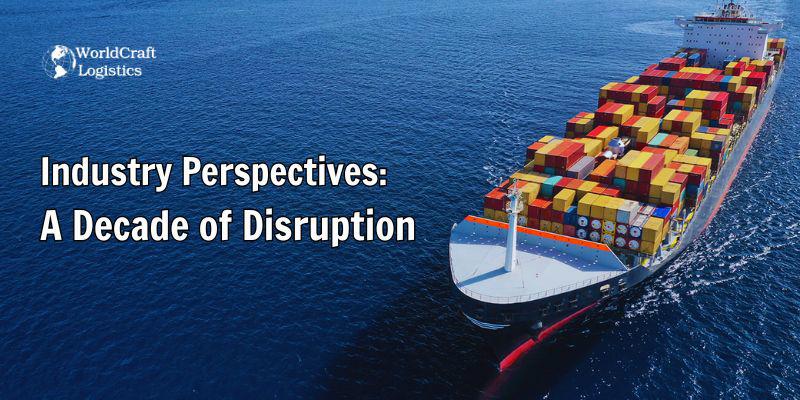
The ongoing crises are emblematic of what many experts describe as one of the most tumultuous decades in maritime history. Speaking at last month’s Maritime CEO Forum in Monaco, industry leaders highlighted the convergence of multiple disruptions:
Dual conflicts in Ukraine and the Red Sea
Operational challenges at the Panama and Suez Canals
China’s economic deceleration
An influx of stringent regulatory frameworks
Burak Cetinok, head of research at Arrow Shipbroking, captured the sentiment:
"I don’t remember any other time where so many major disruptions have occurred simultaneously."
Meanwhile, Graham Porter, chairman of Tiger Group Investments, noted a broader shift in global dynamics:
"The world is breaking apart. It’s no longer about collaboration but about independent survival - pulling resources and holding them tightly."
Industry experts also underscored how geopolitical fragmentation is driving inefficiencies in global trade. Jan Rindbo, CEO of Norden, explained:
"The world fleet today was built for optimized trade, but fragmentation has created a scenario where more ships are needed to move the same volume of cargo."
René Kofod-Olsen, CEO of V.Group, added a cautionary note about the evolving challenges:
"You don’t enter shipping to have a quiet life. The roaring twenties will bring even more seismic shifts."
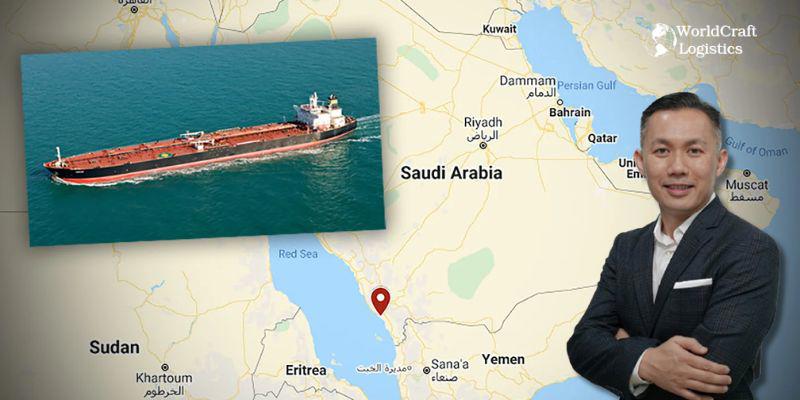
“The global shipping industry is no stranger to challenges, but the dual crises in the Red Sea and Ukraine have redefined the way we operate. These aren’t isolated incidents - they’re part of a broader trend where geopolitical volatility and fragmentation are becoming the norm rather than the exception.”
Tran emphasized how these crises have disrupted traditional trade lanes and forced the industry to pivot rapidly:
“At Worldcraft Logistics, we’ve had to rethink routing, diversify risk, and leverage digital tools to maintain supply chain integrity. The Red Sea crisis, for instance, has made it imperative to assess alternative routes and reconsider hub strategies in the region.”
He also highlighted the impact of the Ukraine conflict on long-term planning:
“The ripple effects of the war in Ukraine have been immense - altering Black Sea trade dynamics, driving up costs, and fostering the rise of shadow fleets. It’s a stark reminder of how geopolitical events can upend established norms in a matter of days.”
Looking ahead, Tran expressed cautious optimism but warned of continued uncertainty:
“The industry must accept that geopolitical risk is now a permanent feature of global trade. Resilience, agility, and collaboration will be key to navigating the years ahead. Whether it’s building stronger partnerships, enhancing maritime security protocols, or investing in advanced technology, we must adapt to this new reality.”
Concluding his remarks, Tran issued a call to action:
“Shipping is the lifeblood of the global economy, but it’s also vulnerable to the tides of geopolitics. It’s on all of us - shipping companies, regulators, and governments alike - to ensure the safety of seafarers and the stability of supply chains in the face of ongoing disruption.”
As the shipping industry grapples with these crises, resilience and adaptability remain paramount. The interplay of geopolitical conflicts, regulatory demands, and economic shifts underscores the need for strategic foresight in navigating an increasingly volatile maritime landscape. For stakeholders across the sector, the message is clear: prepare for the unexpected, as the next major disruption may be just over the horizon.
SEO
Digital Marketing/SEO Specialist
Simon Mang is an SEO and Digital Marketing expert at Wordcraft Logistics. With many years of experience in the field of digital marketing, he has shaped and built strategies to effectively promote Wordcraft Logistics' online presence. With a deep understanding of the logistics industry, I have shared more than 500 specialized articles on many different topics.

Hot News
08/05/2024

Hot News
02/23/2023

Hot News
02/23/2023
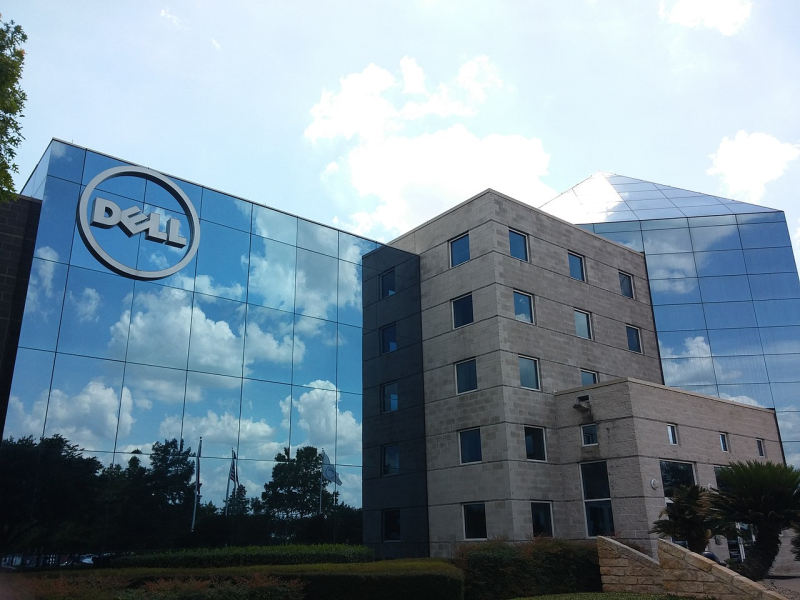
Hot News
02/06/2023
Hot News
02/07/2023